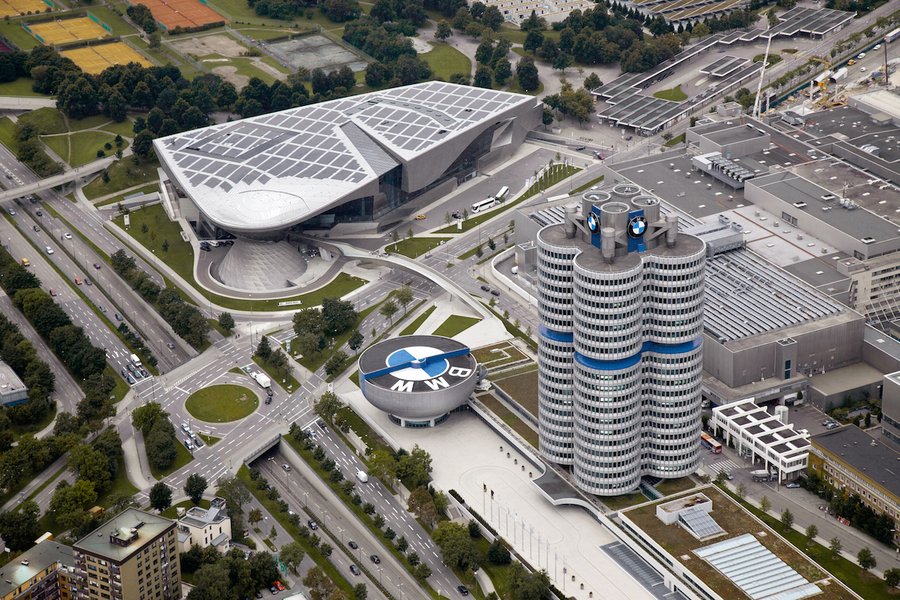German carmakers caught in crossfire of U.S.-China trade tensions

German carmakers BMW and Daimler are under increasing pressure to diversify production of their sports utility vehicles (SUVs) outside of the United States as a result of Washington's growing trade tensions with China.
Beijing's proposed 25 percent tax on U.S. car factory exports will hit nearly 270,000 vehicles, with German carmakers accounting for $7 billion of the $11 billion total.
"This is a tax on Southern Germany, not the U.S.," analysts at Evercore ISI said on Thursday. "A 25 percent additional auto tariff would represent a $1.73 billion negative tariff impact directed at Southern Germany by China."
BMW, the largest vehicle exporter from the United States in terms of value, has its largest factory in Spartanburg, North Carolina and faces a $965 million impact from tariffs, with Daimler exposed to a $765 million hit, Evercore ISI said.
The company makes its X3, X4, X5, X6 and X7 sports utility vehicles in Spartanburg, and the trade dispute will only add pressure to move production of volume sellers like the X5 to markets outside the United States, a senior BMW source said.
But any switch from one factory to another costs millions of euros, takes months to implement, and is taken with a long-term view, BMW board member Peter Schwarzenbauer said last month.
"We have to make decisions, like about factories in Spartanburg or factories in Mexico, which are based on a horizon of 20 to 30 years. If we were to change our strategy whenever a tweet comes out, we would get crazy," he told Reuters.
Harmful for all
Around 18 percent of all BMWs sold in the world's largest car market were exported from Spartanburg last year, a total of 100,203 cars and the carmaker warned that a further escalation of the trade row "would be harmful for all stakeholders".
China has threatened to double tariffs to 50 percent on imported automobiles and other U.S.-made goods to retaliate against U.S. President Donald Trump's proposed tariffs on products including vehicles and automotive parts.
"The BMW Group stands for free trade worldwide: Our company has a global production network and a global sales market," it added in a statement late on Wednesday.
BMW this year quietly stopped exporting the X3 from the United States to China amid escalating trade tensions, moving the production footprint of the X3 to a plant in Rosslyn, South Africa and another in Shenyang, China.
"Thirty-five percent of those (vehicles) exported to China were the BMW X3, which is no longer exported from Spartanburg to China," BMW said.
The move to ramp up production capacity in China also stems from tightening requirements by Chinese regulators to increase sourcing of components from local suppliers.
Daimler, parent company of Mercedes-Benz, declined to provide specific export figures from the United States to China and said: "We don't speculate about ongoing negotiations. We are of course monitoring the situation closely."
Other companies that will be affected include Tesla, which ships an estimated 15,000 cars a year to China from its California plant and Ford.
Decisions on whether and where to shift vehicle production could be complicated by moves to significantly revamp or withdraw from the North American Free Trade Agreement that allows tariff-free shipments of vehicles to the United States from Mexico and Canada.
BMW shares were trading up 0.55 percent at 87.9 euros at 1047 GMT, while Daimler stock was up 1.47 percent at 69.12 euros. Both lagged Germany's blue-chip DAX index, which was 1.9 percent higher.
Verwandte Nachrichten
